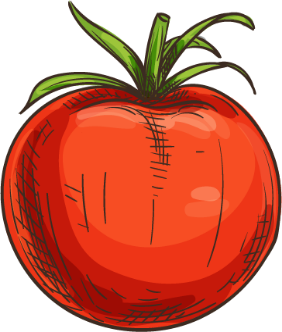Tupelo Public School District

District Details
Tupelo, Mississippi
District Enrollment: 7098
District F/R: 62%
District ADP: 70%
Production Model: Self-Operated
School Year Implemented: 2016-2017
# of Grants Awarded: 4

District Details
Tupelo, Mississippi
District Enrollment: 7098
District F/R: 62%
District ADP: 70%
Production Model: Self-Operated
School Year Implemented: 2016-2017
# of Grants Awarded: 4
Participating Schools
| Carver Elementary School | Joyner Elementary School | Lawhon Elementary School | Parkway Elementary School |
|---|---|---|---|
| Age Group: K - 5 | Age Group: K - 5 | Age Group: K - 5 | Age Group: K - 5 |
| School Size: Small (Under 300) | School Size: Medium (301-900) | School Size: Medium (301-900) | School Size: Medium (301-900) |
| School Environment: Town Remote | School Environment: Town Remote | School Environment: Town Remote | School Environment: Town Remote |
| School F/R: 68% | School F/R: 66% | School F/R: 67% | School F/R: 71% |
| School ADP: 96% | School ADP: 96% | School ADP: 96% | School ADP: 95% |









